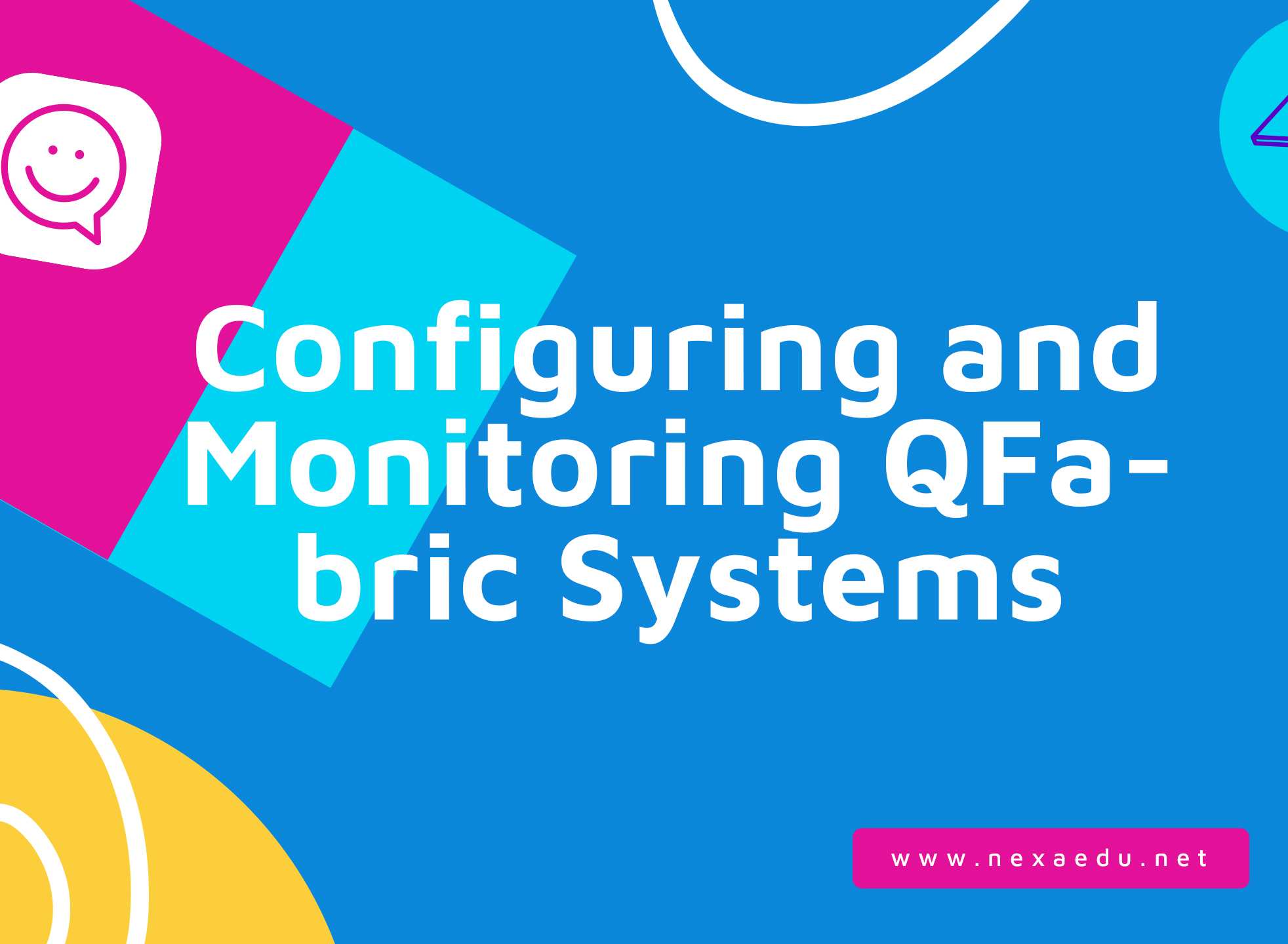About this course
Course Overview
This two-day course is designed to provide students with intermediate knowledge of the QFabric system. Students will be provided an overview of the QFabric system with detailed coverage of its components, design, and architecture. Students will learn how the system is deployed and operates and will be provided configuration and monitoring examples. Through demonstrations and hands-on labs, students will gain experience in configuring and monitoring the QFabric system.
This course uses the Juniper Networks QFX3000-M system for the hands-on component. This course is based on the Junos operating system Release 13.2X52-D10.5.
Target Audience
This course benefits all individuals responsible for selling, implementing, monitoring, or supporting the QFabric system.
Course Objectives
- After successfully completing this course, you should be able to:
- Compare legacy environments with the QFabric system.
- Describe the hardware components of the QFabric system.
- Explain control plane and data plane functions in the QFabric system.
- Describe the goals of the software architecture.
- Explain the purpose and functions of the Director software.
- Configure and verify some key software abstractions.
- List and describe operations of internal protocols used in the QFabric system.
- Perform the initial setup and configuration tasks.
- Configure and monitor network interfaces.
- Log in to system components and verify status.
- Explain bridging concepts and operations for the QFabric system.
- List and describe supported Layer 2 protocols and features.
- Configure and monitor key Layer 2 protocols and features.
- Explain routing concepts and operations for the QFabric system.
- List and describe supported Layer 3 protocols and features.
- Configure and monitor key Layer 3 protocols and features.
- Identify the purposes of data center storage along with the challenges.
- Describe and compare data center storage technologies.
- List and describe data center storage networking protocols.
- Describe common Fibre Channel topologies, components, and related terminology.
- Explain Fibre Channel operations and issues that can impact protocol operations.
- Configure and monitor Fibre Channel functionality on the QFabric system.
Course Content
Course Introduction
System Overview
- QFabric System Introduction
- Components and Architecture
- Control Plane and Data Plane
Software Architecture
- Architecture Overview
- Software Abstractions
- Internal Protocols
Setup and Initial Configuration
- System Setup
- Initial Configuration Tasks
- Configuring Network Interfaces
- Connecting to System Components
- Lab 1: Setup and Initial Configuration
Layer 2 Features and Operations
- Layer 2 Protocol and Feature Support
- Overview of Layer 2 Operations
- Configuring and Monitoring Layer 2 Protocols and Features
- Lab 2: Layer 2 Features and Operations
Layer 3 Features and Operations
- Layer 3 Protocol and Feature Support
- Overview of Layer 3 Operations
- Configuring and Monitoring Layer 3 Protocols and Features
- Lab 3: Layer 3 Features and Operations
Network Storage Fundamentals
- Introduction to Data Center Storage
- Overview of Data Center Storage Technologies
- Storage Networking Protocols
Fibre Channel
- Fibre Channel Application and Operations
- Configuring and Monitoring Fibre Channel
- Troubleshooting Fibre Channel
- Lab 4: Fibre Channel
Course Prerequisites
The following are the prerequisites for this course:
- Intermediate TCP/IP networking knowledge;
- Intermediate Layer 2 switching knowledge;
- Introductory data center technologies knowledge; and
- Attend the Junos Enterprise Switching (JEX) course, or have equivalent experience. Additionally, the Junos Intermediate Routing (JIR) course is recommended.
- JEX - Junos Enterprise switching
- JIR - Junos Intermediate Routing
Comments (0)






